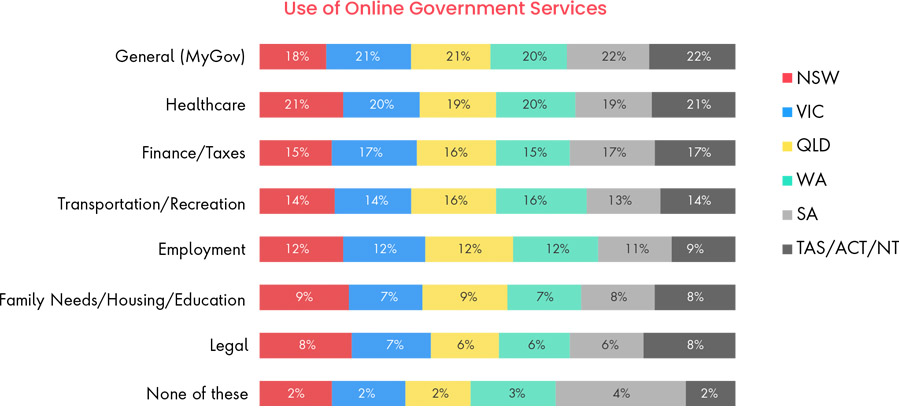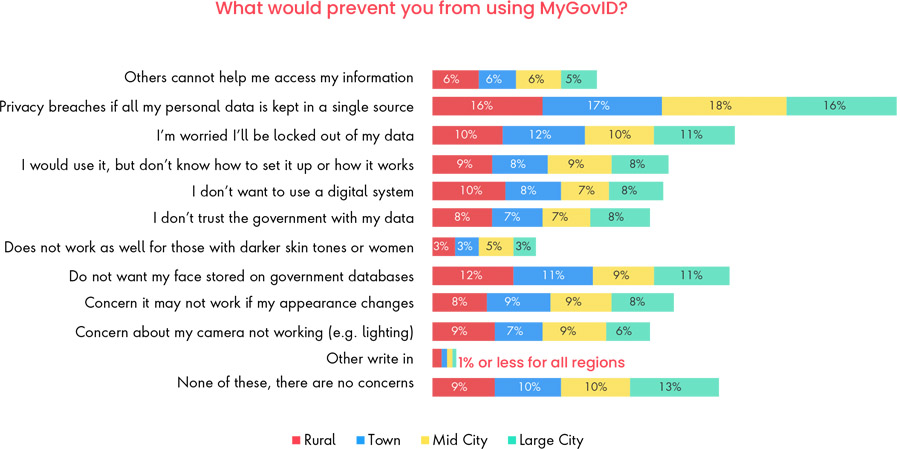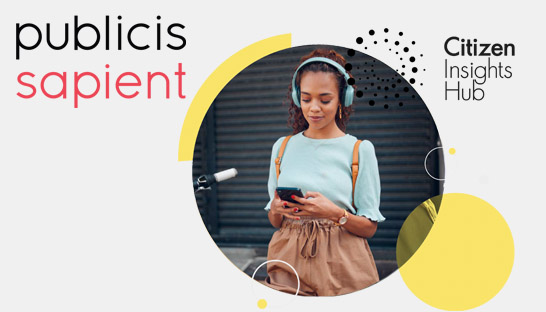Australian citizens are increasingly using digital government services – a positive development in light of the government’s strategy to make the country one of the top three digital governments in the world by 2025.
New research from Publicis Sapient of more than 5,000 respondents in Australia shows that the number of people using digital government services continues to grow across all age groups.
The survey also found that citizens with working knowledge of emerging technologies such as artificial intelligence, virtual reality, augmented reality and Web 3.0 are more likely to engage in digital governance across technology platforms.
The vast majority (94%) of Australians used at least one digital government service in 2022. MyGov (56%), health (55%) and financial services/tax (45%) were among the most accessible digital government services.
Health services (92%), transport/recreation services (92%) and general (MyGov) services (89%) also had the highest positive ratings among the digital government services listed.
While the majority of Australians use digital wallets, usage varies by state and age group. Millennials (25-44) and Gen X (45-64) are the most likely age groups to use myGovID compared to Gen Z (18-24), Boomers (65-79) and Builders (80+). Citizens from Victoria (VIC) and Queensland (QLD) are slightly more likely to use a digital identity method myGovID compared to residents of New South Wales (NSW), and Victorians are almost twice as likely not to use digital wallets compared to citizens in NSW. .

While digital adoption rates continue to rise in Australia, privacy and accessibility are barriers to using services. People continue to be victims of cyber-attacks, fraud and identity theft, and as a result, public confidence remains low, the report said.
“Some of the biggest concerns are privacy breaches when storing data in a single source, the perceived threat of not being able to access personal data, and concerns about storing that data in government databases,” explained Sanja Galic, Senior Client Partner at Publicis. Wise.
Regional differences
Publicis Sapient’s ‘Digital Citizen Report 2023’ shows that citizens of New South Wales (NSW), Tasmania (TAS), Australian Capital Territory (ACT) and Northern Territory (NT) generally trust digital government services compared to citizens of Victoria (VIC) and Queensland (QLD), which are less credulous after recent data breaches.

The road ahead
According to Galic, the report shows that the Australian government is “definitely on the right track in terms of building a connected ecosystem that engages with citizens”. To continue progress towards a fully digital and inclusive system, Galic makes a number of recommendations.
“There is an opportunity to use increasing mobile penetration and digital literacy to expand digitisation, particularly as Australian citizens now expect a wider range of digital services to support evolving needs, particularly in digital voting, mental health services and digital driving licences.”

“There is also an opportunity to build public confidence in personal information practices,” she continued. “Addressing privacy and security issues will increase citizen credibility and trust in digital government services.”
“It is also essential to involve citizens and disadvantaged communities in the development and design process. This could help them solve their specific problems and provide targeted and intuitive applications and programs in the future.”
“The time has come for federal, state and territory governments to engage with all parts of society through continued digital skills development, education and investment.”


